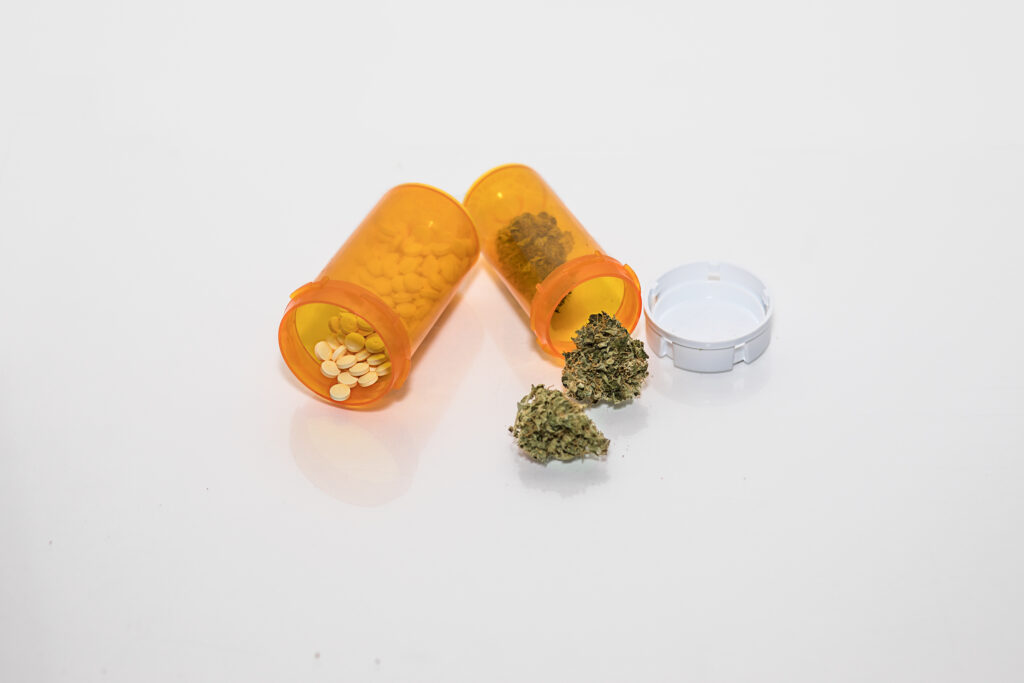Impact of Marijuana on Opioid Utilization
Early research shows that legalization of medical and recreational marijuana has led to lower opioid prescribing (e.g. Bradford et al.) and harms from opioids like overdoses (e.g. Powell et al.). However, findings using more years of data at the state level have produced mixed results (e.g. Shover et al.). Little research has been done within states to examine the association between marijuana availability and opioid use, since availability varies widely by locality.
In 2019, the RAND Corporation, a nonprofit institution that helps improve policy and decision-making through research and analysis, sought to dig deeper on the potential impact of legalizing recreational cannabis on the country’s opioid crisis. They turned to Center for Improving Value in Health Care (CIVHC) and the Colorado All Payer Claims Database (CO APCD) as a data source given Colorado was one of the first states to legalize both medicinal and recreational marijuana use, the claims data covers the majority of Coloradans, and they could use it to construct area-level estimates of marijuana and opioid use. They hypothesized that for conditions where cannabis provides relief, opioids may not be prescribed at all, and in cases where people had previously been prescribed opioids, there may be a reduction in the number of pills prescribed, or opioid prescribing may stop entirely.

Using the CO APCD, RAND is developing measures of opioid utilization as well as measures of potential misuse. They are looking for correlations between marijuana availability and opioid utilization comparing Colorado areas with dispensary access to those without. In addition, RAND is planning to isolate the potential impact of recreational cannabis from medical cannabis.
At this time, results using the CO APCD have not been made public and further research is underway. The team has also been using other Colorado data sources like the Colorado Hospital Association data and has found an increase in vomiting visits after recreational legalization, which can be a proxy for marijuana use. The group has looked at several other outcomes using the CHA data such as marijuana-involved pregnancy visits and psychosis/schizophrenia visits. Results of the study could inform additional ways to address the opioid crisis in Colorado and the nation.

